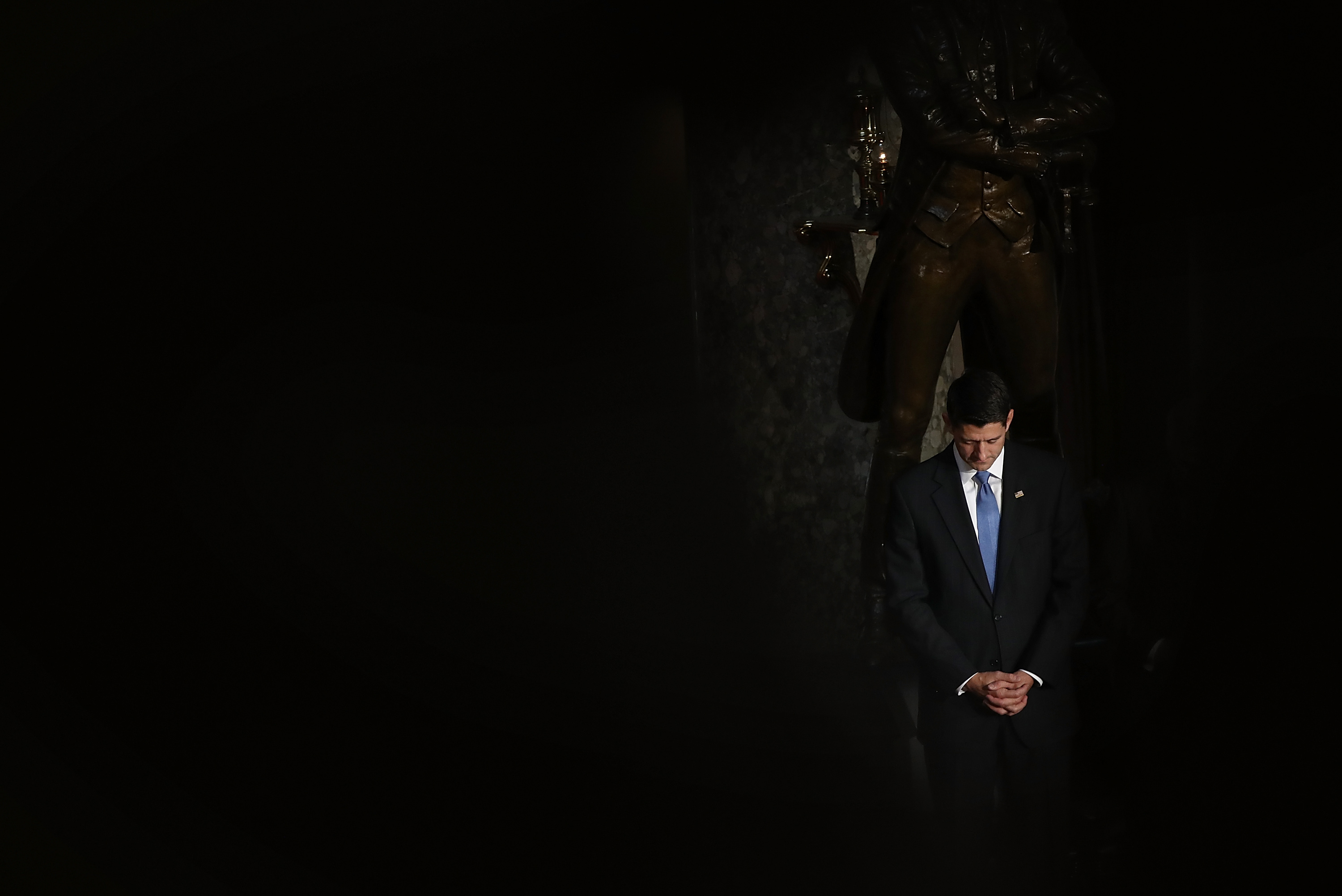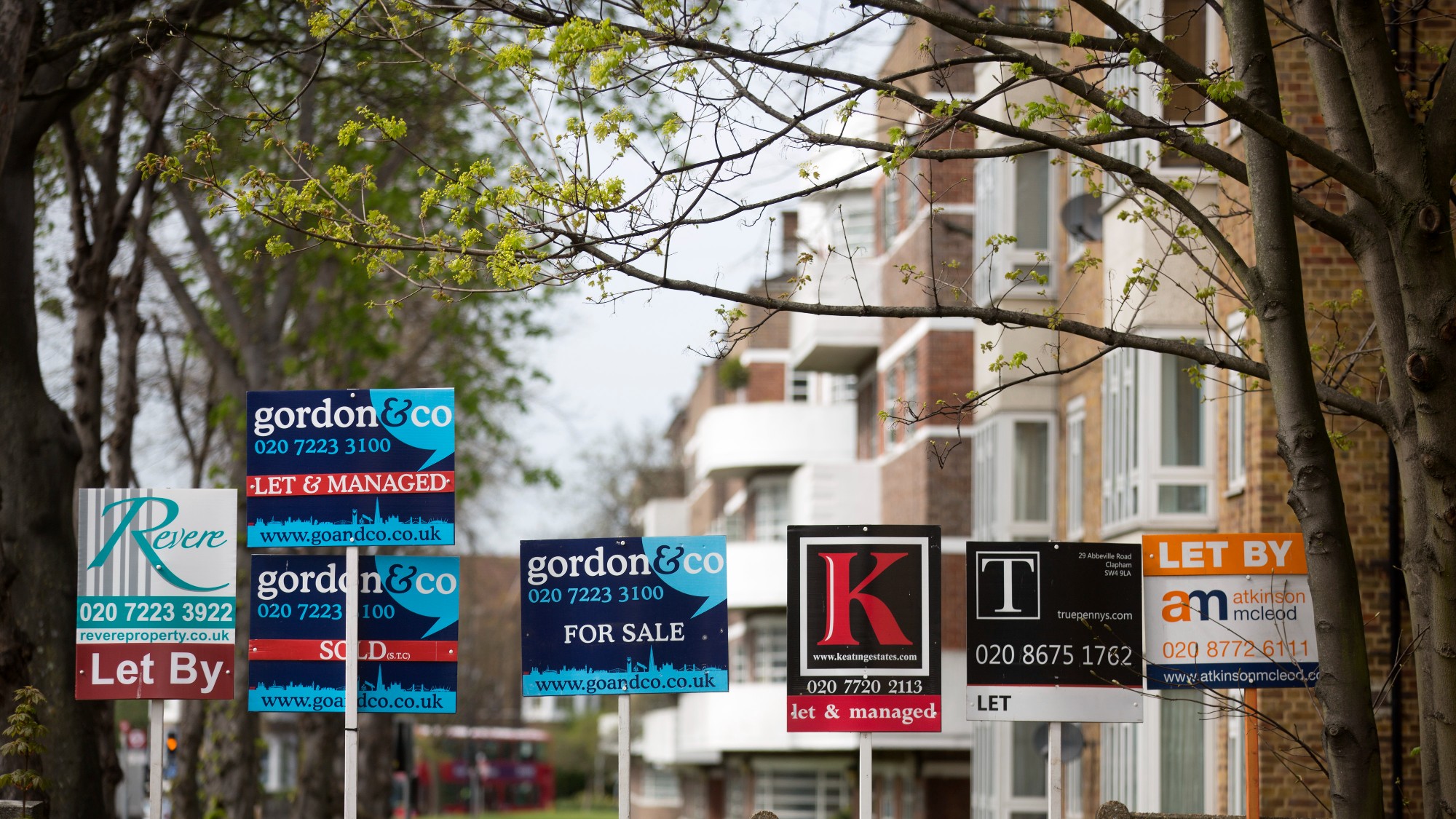Why health-care reform is a dead end for Republicans — or anyone
Before American health care can be fixed, the upper-middle class must suffer


Even before Republicans in the House showed their ObamaCare replacement plan to the world, I knew it would be an utter failure as policy and a nuclear winter politically. I knew this because Republicans have never talked about the two things that make American health care such a nightmare: its broken pricing system and its nightmarish complexity. And also because I have a Canadian friend.
Have you ever tried to explain American pricing to a Canadian who recently received health care in the U.S.? I have. It's like two movies being spliced together. The American goes over the details of the hospital bill like a character explaining the ground rules in an absurdist comedy. "Oh, they billed you for something that didn't happen. Ha! That's normal. Don't panic. Or, not yet."
But the Canadian is actually experiencing the same conversation as a horror movie. "I know I can't return the baby I just delivered and get a refund," she says, trying to joke with you, "but… are you really saying that I have to spend days or weeks of my life conducting simultaneous negotiations with multiple bureaucracies and that they are going to throw around inflated and terrifying numbers they deliberately know to be baseless?"
The Week
Escape your echo chamber. Get the facts behind the news, plus analysis from multiple perspectives.

Sign up for The Week's Free Newsletters
From our morning news briefing to a weekly Good News Newsletter, get the best of The Week delivered directly to your inbox.
From our morning news briefing to a weekly Good News Newsletter, get the best of The Week delivered directly to your inbox.
"Ha! Well, keep in mind that there are no prices, really. Your insurer and the hospital are just making things up, and they hire armies of people to exhaust each other on the point. You're paying for them too, really." The end result will, of course, be a fat bill for my Canadian friend and her insurance company.
Americans pay much more for health care than any other country on Earth, and we get worse outcomes for it. We also achieve much less than universal coverage. Our byzantine system of third-party negotiating and payment cartels, as well as the completely opaque system of pricing, also make maintaining coverage a stressful endeavor for citizens who need it.
ObamaCare did not really change either the price or the complexity; it just helped more people experience this ugly system through normal, non-emergency means. Mostly it extended insurance coverage to a significant new group of previously uninsurable people (either because they were too sick or employed by a small firm or too poor). And it achieved this through a number of subsidies and new taxes.
The one group that is mostly insulated from unpredictable bureaucratic stress and nightmarish visitations of bills is the upper-middle class, the people who proceed through most of their adult life going seamlessly from one well-compensated job (with health benefits) to another.
A free daily email with the biggest news stories of the day – and the best features from TheWeek.com
America's upper middle class acts powerfully, instinctively, and viciously in defense of its own benefits. And so no health-care reform can be implemented that upsets their arrangements (which dates back to a New Deal-era tax quirk) without being political suicide. Even one that broke a promise and didn't let a relative handful of them "keep their plan" cost Democrats a House majority.
Which brings us to the House Republicans' plan.
This monstrosity manages to be more cowardly and cruel than anything it replaces. It repackages direct subsidies as tax credits. It lowers taxes and raises prices for the elderly. It will likely lead to millions of people losing their insurance. Some forever, but some only to expose them to the nightmare of trying to obtain it again.
And yet it also fails to make any necessary changes to the system. It does nothing to tackle absurd cost obesity in the American system. It does nothing to simplify health-care choices or markets for end users. And it can't make these changes because it dares not offer the slightest disturbance to the upper-middle-class people whose coverage is relatively better than everyone else's.
Lacking the courage to actually solve the health-care problem, the House GOP seems to have devised a plan to satisfy only two goals: 1. to provide a plausible end to their seven-year campaign to repeal and replace ObamaCare; 2. to manipulate the government's fiscal projections in such a way that their future desired tax reform seems workable.
The only way to reform American health care is for it to become so broken that the upper-middle class finds their own situation intolerable. Only then will the pain and disruption of market-led or government-led reform become politically rational. And we're a long way from that happening.
Michael Brendan Dougherty is senior correspondent at TheWeek.com. He is the founder and editor of The Slurve, a newsletter about baseball. His work has appeared in The New York Times Magazine, ESPN Magazine, Slate and The American Conservative.
-
 The app that checks if you are dead
The app that checks if you are deadIn The Spotlight Viral app cashing in on number of people living alone in China
-
 Three consequences from the Jenrick defection
Three consequences from the Jenrick defectionThe Explainer Both Kemi Badenoch and Nigel Farage may claim victory, but Jenrick’s move has ‘all-but ended the chances of any deal to unite the British right’
-
 Why is London’s property market slumping?
Why is London’s property market slumping?Today's Big Question Some sellers have reported losses of hundreds of thousands of pounds
-
 The billionaires’ wealth tax: a catastrophe for California?
The billionaires’ wealth tax: a catastrophe for California?Talking Point Peter Thiel and Larry Page preparing to change state residency
-
 Bari Weiss’ ‘60 Minutes’ scandal is about more than one report
Bari Weiss’ ‘60 Minutes’ scandal is about more than one reportIN THE SPOTLIGHT By blocking an approved segment on a controversial prison holding US deportees in El Salvador, the editor-in-chief of CBS News has become the main story
-
 Has Zohran Mamdani shown the Democrats how to win again?
Has Zohran Mamdani shown the Democrats how to win again?Today’s Big Question New York City mayoral election touted as victory for left-wing populists but moderate centrist wins elsewhere present more complex path for Democratic Party
-
 Millions turn out for anti-Trump ‘No Kings’ rallies
Millions turn out for anti-Trump ‘No Kings’ ralliesSpeed Read An estimated 7 million people participated, 2 million more than at the first ‘No Kings’ protest in June
-
 Ghislaine Maxwell: angling for a Trump pardon
Ghislaine Maxwell: angling for a Trump pardonTalking Point Convicted sex trafficker's testimony could shed new light on president's links to Jeffrey Epstein
-
 The last words and final moments of 40 presidents
The last words and final moments of 40 presidentsThe Explainer Some are eloquent quotes worthy of the holders of the highest office in the nation, and others... aren't
-
 The JFK files: the truth at last?
The JFK files: the truth at last?In The Spotlight More than 64,000 previously classified documents relating the 1963 assassination of John F. Kennedy have been released by the Trump administration
-
 'Seriously, not literally': how should the world take Donald Trump?
'Seriously, not literally': how should the world take Donald Trump?Today's big question White House rhetoric and reality look likely to become increasingly blurred
